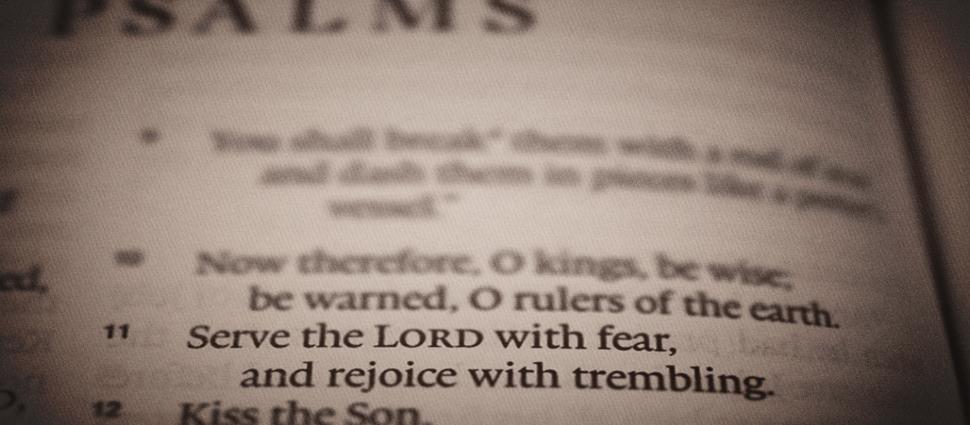Fearing the God Who Rescues?

In Mark 4:35-41 we are confronted by the narrative of Christ’s stilling of the storm. It may be a familiar narrative, but if we pay close attention we will nonetheless be gripped by it. We should be especially keen to notice that the fear of the disciples is so intense that they even have the nerve to rebuke Jesus Himself. In their words we see that they believe they are going to die (see v. 38). Notice that when Jesus stills the storm and the danger has passed there is a new counter-intuitive reaction from the disciples: great fear.
I wonder how many have seen the numerous parallels between this miracle of Christ and the story of Jonah. Recall that in Jonah there is also a great wind (Jonah 1:4; Mark 4:37). In both storms an important passenger sleeps in the boat (Jonah 1:5; Mark 4:38). In Jonah the sailors “fear a great fear” while Christ identifies the disciples as “afraid” (Jonah 1:10; Mark 4:40). In Jonah the storm is eventually stilled by a work of God’s power, just as it is in Mark (Jonah 1:15; Mark 4:39). As a final parallel, notice that in Jonah the sailors don’t stop fearing after the danger passes. Instead, the passage says that their fear was transferred from the storm to Yahweh (Jonah 1:16). Let me suggest that this is precisely what happens in Mark 4:41.
This group of men believed they were about to die. I have had moments when I thought I was about to die and know from experience that this is fueled by a tremendous amount of fear. But, to then be described after the danger has passed as being “filled with great fear,” that speaks volumes as well. This response isn’t unusual in the Gospel of Mark. It is common, when people have seen Christ’s miraculous work, for them to react with fear. (For example, Mark 5:15; 6:50; 9:6; 16:8)
The greatest rescue that God ever brought in Scripture was in the work of His own Son upon the cross. At the cross Christ did what he came to do, rescuing all of those who ever had or would believe on him (John 3:16). He brought peace with God. But there is a fearful aspect to the cross as well.
The cross does bring us peace with God, but it comes at great cost (Col. 1:20). God treated his own Son as a sinner should be treated; He showed His Son no mercy. He showed the world exactly how He regards sin. The cross is God's great rescue that says to sinners like us that God’s character is impeccable. It says that God will not be trifled with; he will not ignore evil; he will punish sin. Because of these things He is a God to be feared.
When you reflect on the rescue that Christ brings, what is your response? Is it serenity? Peace? Joy? Let me suggest that if you are in Christ those are all the right responses to the rescue that Christ has brought. But those responses are not mutually exclusive of fearing God. They ought to always be tempered by the complementary recognition that God’s justice, holiness, and righteousness come out most clearly at the cross. As the Psalmist so aptly put it, "Serve the Lord with fear, and rejoice with trembling" (Psalm 2:11).
Those of us who stand at the foot of the cross should do so with mixed emotions. We’re right to rejoice and be glad. But we are also right to “fear greatly” when we gaze upon the suffering of the Son--even as we recognize His suffering to be the substance of our own rescue.
Related Resources
Jerry Bridges The Joy of Fearing God
John Bunyan The Fear of God
John Murray Principles of Conduct (pp. 229-242)





